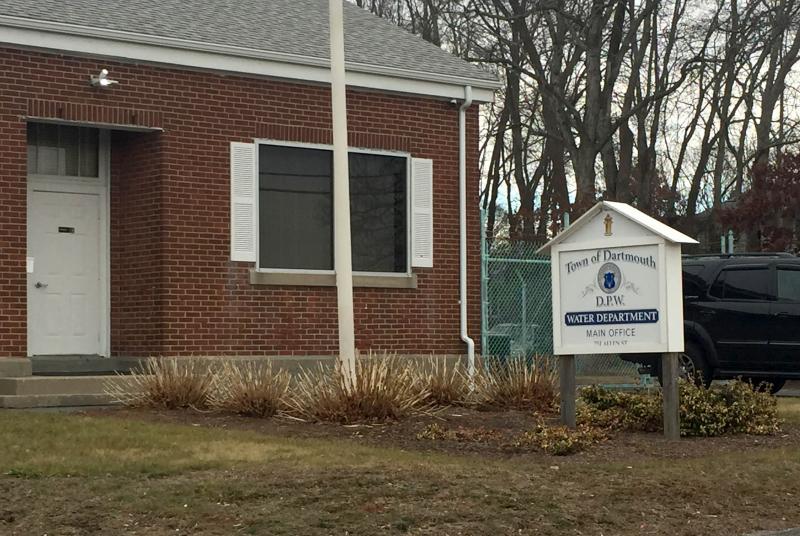Town works to right state drinking water violation
Town residents recently received a notice warning of a drinking water violation, but already the town is taking steps to correct this, according to officials.
A December 7 notice informed residents that trihalomethane (TTHM) levels — a byproduct of chlorine disinfectants reacting with naturally occurring organic matter in the water — were too high. The Environmental Protection Agency standard for TTHMs is 80 parts per billion. However, the testing site at Allen Street — one of the four testing sites — registered at 81.18 ppb.
This does not affect the whole town, but rather one water line, said Department of Public Works Director David Hickox. He explained that the four testing sites are located at the extremities of the system, where old water is likely to collect and produce contaminants.
Further, Hickox explained that the system is traditionally flushed twice a year, in the spring and fall. Due to drought conditions last summer, the flushing program was limited, said Hickox.
“We’re not sure if that was the cause, but it may have contributed to it,” he said. “We will do what it takes to solve the problem,” Hickox added.
The notice explained that the situation is “not an emergency, nor is there an imminent risk,” however, drinking TTHMs over many years may result in liver, kidneys, or central nervous system problems, or an increased risk of cancer.
The town is currently flushing the area with automatic flushing units, as well as working with the Department of Environmental Protection, according to the notice. However, chlorine byproducts are not an unusual problem, said Hickox.
Three years ago, a large, dead end pipe on Reed Road had similar testing results. DPW worked with the DEP, and concluded that a $1.4 million distribution upgrade — which looped two pipes together — was the best course of action. That project was finished last year, and has solved the problem, said Hickox.
Allen Street has also traditionally tested high for TTHMs, he said. A pipe upgrade will not solve this problem, so officials are looking into changing the treatment type.
“Many communities are moving toward using chloramine,” said Hickox, including neighboring New Bedford. The disinfectant chloramine produces less byproduct, he said. The department is not yet sure if it will take this measure, and if it does, it is still not clear if it will treat only the Allen Street location or the whole system.
As part of the the department’s Capital Improvement Plan proposed at the June Town Meeting, Hickox will have to include both the cost for fixes and any preventative system upgrades for voter approval.












